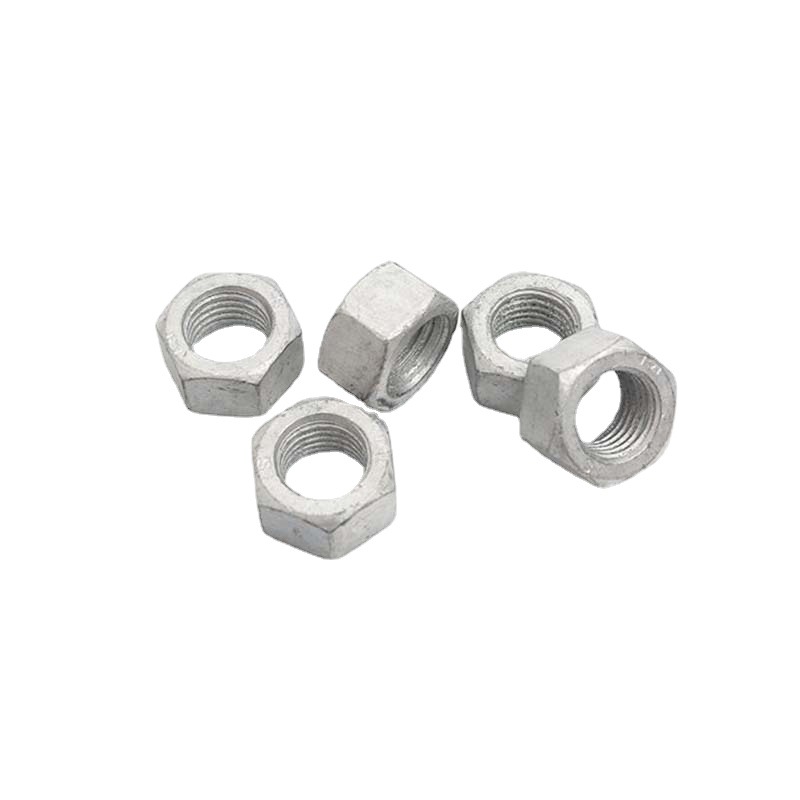

self tapping screw into metal
Th11 . 12, 2024 05:38 Back to list
self tapping screw into metal
The Importance of Self-Tapping Screws in Metal Applications
Self-tapping screws are a vital component in various manufacturing and construction projects, especially when working with metal. These unique fasteners offer efficiency and reliability, making them a preferred choice for professionals in different industries. This article delves into the characteristics, applications, and benefits of self-tapping screws when used with metal materials.
Understanding Self-Tapping Screws
Self-tapping screws are designed with the ability to create their own hole as they are driven into the material. Unlike standard screws that require a pre-drilled hole, self-tapping screws have a sharp point and a cutting thread, enabling them to penetrate hard surfaces like metal with ease. This feature is particularly advantageous in metalworking, where precision and speed are of the essence.
Self-tapping screws can be categorized into two main types thread-forming screws and thread-cutting screws. Thread-forming screws displace material to create a tightly fitted thread, while thread-cutting screws remove material to form a thread, allowing for a more permanent attachment. The choice between these types often depends on the specific requirements of the project and the type of metal being used.
Applications in Metal
Self-tapping screws are widely used across various applications in metalworking. They play a crucial role in the automotive, aerospace, construction, and electronics industries, among others. In the automotive sector, for example, self-tapping screws are employed for assembling various components, from engine parts to body panels. Their ability to withstand vibrations and stress makes them ideal for such high-demand environments.
In construction, self-tapping screws are used to join metal framing and fixtures. They facilitate the assembly of steel structures, ensuring robust joints that can bear heavy loads. Furthermore, they are often utilized in HVAC installations, where metal ducts and components must be securely fastened.
The electronics industry also benefits from self-tapping screws
. They are commonly used to secure components inside metal enclosures, providing both stability and protection to sensitive electronic parts.Advantages of Self-Tapping Screws
self tapping screw into metal

1. Time Efficiency One of the most notable benefits of self-tapping screws is the time savings they offer. Since they do not require a pre-drilled hole, installation becomes quicker, reducing overall labor time.
2. Cost-Effective The efficiency of self-tapping screws translates into cost savings for projects. Fewer tools and less labor are needed, making them a budget-friendly option for contractors and manufacturers.
3. Strong Hold Self-tapping screws, when appropriately used, create a strong and durable joint. They are designed to resist stripping and can withstand high levels of torque, which is crucial when working with tougher metals.
4. Versatility These screws can be used for various metal types, including steel, aluminum, and stainless steel. Their versatility makes them a go-to choice for many applications across different industries.
5. Ease of Use Self-tapping screws are user-friendly and can be installed using standard tools, such as a power drill or screwdriver. This accessibility makes them popular among DIY enthusiasts as well as professionals.
Considerations for Use
While self-tapping screws offer numerous advantages, there are some considerations to keep in mind. Selecting the appropriate screw size, type, and material is essential to ensure optimal performance. Additionally, the thickness and hardness of the metal can affect the screw's effectiveness. For tougher metals, it may be beneficial to use a pilot hole to enhance the screw’s insertion.
Conclusion
In summary, self-tapping screws serve an indispensable role in the realm of metal applications, providing efficiency, strength, and versatility. Their unique properties allow them to penetrate and secure different types of metal, making them an essential tool in various industries. By understanding the benefits and applications of self-tapping screws, professionals can optimize their use in metalworking, resulting in strong, durable, and cost-effective assemblies. As technology continues to evolve, it is likely that self-tapping screws will adapt and remain a pivotal element in the construction and manufacturing sectors.
Latest news
-
Similarities and Differences Between Plain Washer and Spring Washer - Fastener Comparison Guide
NewsJun.10,2025
-
Effortless Installation Self-Drilling Window Screws - Fast, Secure, and Durable Fasteners
NewsJun.10,2025
-
Self Drilling Stucco Screws for Fast, Secure Installation Self Tapping & Self-Tapping Fasteners
NewsJun.10,2025
-
Premium Hot Dipped Galvanized Self Tapping Screws - Durable Corrosion Resistance
NewsJun.09,2025
-
Discover M12 Weld Stud Benefits & Applications Guide
NewsJun.09,2025
-
M25 Stainless Steel Washers High-Durability Fasteners for Corrosion Resistance
NewsJun.09,2025

